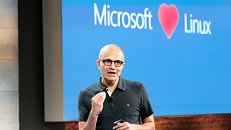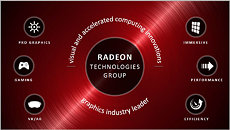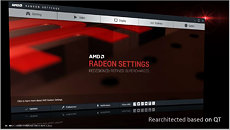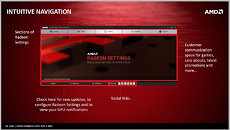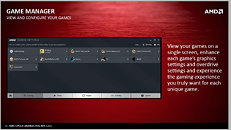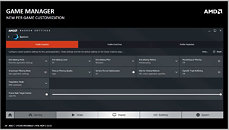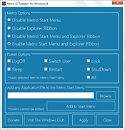
Microsoft Joins the Linux Foundation
On Wednesday, during its annual Connect(); developer event, Microsoft Corp. unveiled a series of products and partnerships that strengthen the company's Azure cloud platform for building intelligent, cross-platform apps and services. Microsoft Cloud and Enterprise Executive Vice President Scott Guthrie detailed significant steps Microsoft is taking to empower the ecosystem by giving developers greater choice in the tools they use - including joining the Linux Foundation as a Platinum Member to better collaborate with the open source community, welcoming Google to the independent .NET Foundation, and working with Samsung Electronics Co. Ltd. to enable .NET developers to build apps for more than 50 million Samsung devices worldwide.
Guthrie also demonstrated a preview of Visual Studio for Mac, which enables developers to write cloud, mobile and macOS apps on Apple's Mac operating system using the popular development environment; a preview of the next version of the company's flagship SQL Server database with support for Linux, Linux-based Docker containers and Windows-based environments; and a preview of Azure App Service on Linux with support for containers.
Guthrie also demonstrated a preview of Visual Studio for Mac, which enables developers to write cloud, mobile and macOS apps on Apple's Mac operating system using the popular development environment; a preview of the next version of the company's flagship SQL Server database with support for Linux, Linux-based Docker containers and Windows-based environments; and a preview of Azure App Service on Linux with support for containers.
